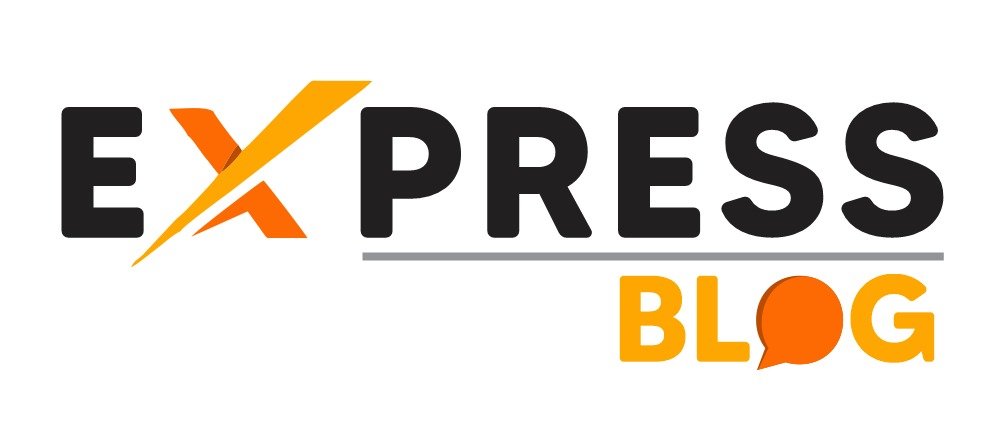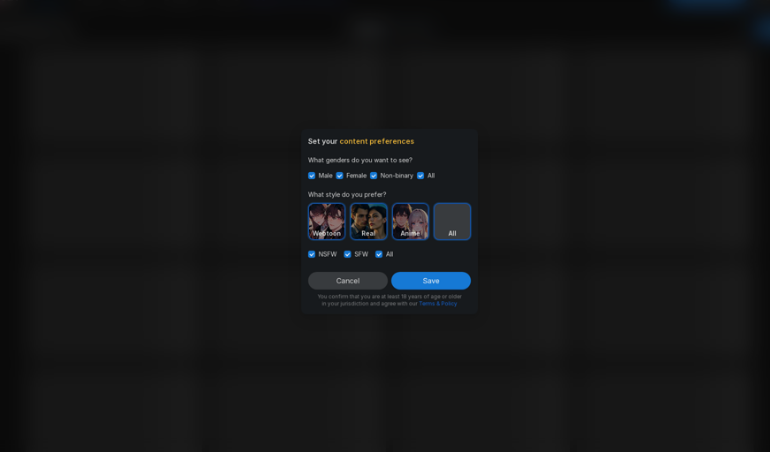Why It’s Okay to Say: I Don’t Want to Pursue Higher Education After College

Deciding what to do after college is one of the biggest choices you’ll face and it’s not always easy. While many people assume the next step after earning a bachelor’s degree is to pursue higher education that’s not the only path. In fact, for many skipping graduate school or other advanced degrees can be the smarter more practical choice.
If you’re thinking I don’t want to pursue higher education after college, you’re not alone. In this guide, we’ll explore why this choice is valid the alternatives to graduate school and how you can build a successful career without more formal education.
Understanding the Pressure to Pursue Higher Education
Society often portrays advanced degrees as the ultimate ticket to success. From family expectations to the competitive job market, it’s no surprise that many college graduates feel pressured to continue their education.
Cultural Expectations
The “college to grad school pipeline” is often considered the norm. Media and social structures glorify advanced degrees as the only way to stand out. However, the reality is more nuanced. In a 2023 study by the Bureau of Labor Statistics only 13.1% of U.S. jobs required a master’s degree while over 60% required just a bachelor’s or even less.
Family and Peer Influence
If your parents or peers expect you to pursue a master’s or PhD you might feel conflicted about going against their wishes. But remember, this is your life. Choosing a different path doesn’t mean failure it means you’re prioritizing your own goals and values.
Counterpoint: When Higher Education Makes Sense
There are situations where graduate school is essential medicine, law or academia for instance. However, unless your dream career demands it higher education isn’t mandatory for success.
Why Higher Education May Not Be the Right Fit for You
The cost of advanced degrees is one of the most significant barriers.
| Degree Type | Average Cost (U.S.) | Average Additional Debt |
|---|---|---|
| Master’s Degree | $30,000 – $120,000 | $51,000 |
| PhD | $50,000 – $150,000 | $78,000 |
| Professional Degree (e.g., Law, Medicine) | $200,000+ | $130,000+ |
Fact: Student loan debt in the U.S. surpassed $1.7 trillion in 2024. Opting out of further education can save you from long-term financial strain.
Career Goals
Not every career benefits from higher education. Many industries value practical experience, skills and portfolio work over degrees. For example:
Tech: Coding boot camps and certifications can lead to high paying jobs.
Creative Fields: Building a portfolio often matters more than academic credentials.
Trades: Electricians, plumbers and other skilled trades earn competitive salaries without advanced degrees.
Mental and Emotional Readiness
After four (or more) years in college you might feel burned out. Taking time to work or explore other interests can reignite your passion and provide clarity.

Exploring Alternatives to Higher Education
If you’ve decided, “I dont want to pursue higher education after college,” there are plenty of ways to carve out a fulfilling career.
Jumpstart Your Career
Entering the workforce immediately can give you a head start in gaining real-world experience.
Entry Level Jobs: Roles in marketing, sales, customer service and operations often don’t require advanced degrees.
On the Job Training: Many companies offer training programs for promising employees.
Promotions Over Time: Demonstrating skills and dedication can often lead to promotions without needing further education.
Entrepreneurship
If you’re self-motivated, starting your own business can be a rewarding path.
Freelancing: Platforms like Upwork and Fiverr allow you to monetize skills like graphic design, writing, and coding.
E-commerce: Selling products through Etsy or Shopify is increasingly popular.
Success Stories: Consider Sarah Blakely, founder of Spanx, who built a billion-dollar empire without a master’s degree.
Skill Based Learning
Online platforms make learning affordable and accessible:
- Platforms to Explore:
- Udemy, Coursera and LinkedIn Learning for skills like coding, marketing, or design.
- Google Career Certificates for fields like IT and project management.
- Benefits:
- Flexible schedules.
- Affordable compared to traditional education.
- Direct application of skills.
Volunteer Work or Internships
These options let you gain experience and network without committing to more school. Internships in fields like non profits startups or tech can provide a competitive edge.
Travel and Exploration
Taking a gap year to travel can offer valuable life skills like adaptability independence and cultural awareness. Programs like WWOOF or teaching English abroad combine travel with meaningful work.
Conclusion
If you’re thinking I don’t want to pursue higher education after college, you’re not alone and you’re not wrong. Higher education is just one of many paths to success and skipping it doesn’t mean giving up on your dreams. By focusing on practical experience, skill-building and personal growth you can create a fulfilling career that aligns with your goals.
FAQ’s About Skipping Higher Education
Will I regret not pursuing higher education?
Regret is subjective. If you focus on personal growth, building skills and staying open to new opportunities, you’re less likely to feel regret.
What if I need an advanced degree later?
Many people pursue higher education later in life. Flexible options like online programs make this easier. For instance, over 30% of graduate students are above age 30 proving it’s never too late.
How do I handle criticism?
Confidence in your decision is key. Explain your reasons clearly and remember that it’s impossible to please everyone.
Read More: What Input Power Does BMC Use?



